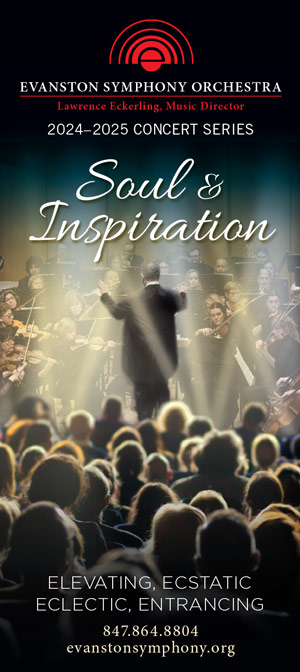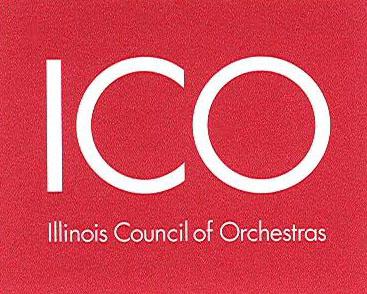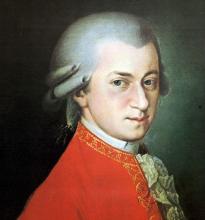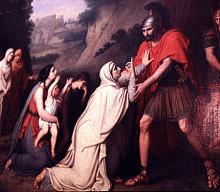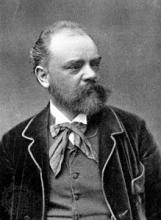Mozart Melodies
Music by three of the great Viennese Classical composers will launch the 2016-2017 season. Following a dramatic opening with Beethoven’s Coriolan Overture, the October concert continues with Mozart’s Violin Concerto No. 5 in A Major, “Turkish.” One of Mozart’s most popular pieces, the concerto will be performed by Alexandra Switala in her first appearance with the Evanston Symphony.

